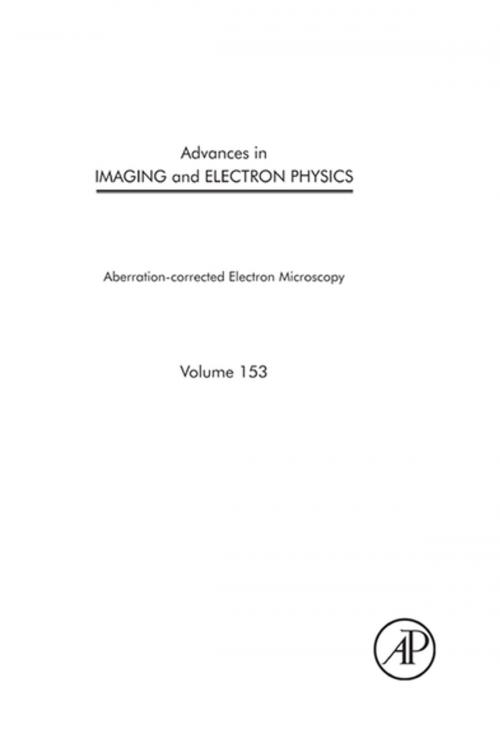Advances in Imaging and Electron Physics
Aberration-corrected Electron Microscopy
Nonfiction, Science & Nature, Technology, Optics, Engineering, Computers, General Computing| Author: | Peter W. Hawkes | ISBN: | 9780080880358 |
| Publisher: | Elsevier Science | Publication: | June 12, 2009 |
| Imprint: | Academic Press | Language: | English |
| Author: | Peter W. Hawkes |
| ISBN: | 9780080880358 |
| Publisher: | Elsevier Science |
| Publication: | June 12, 2009 |
| Imprint: | Academic Press |
| Language: | English |
The invention of the electron microscope more than 70 years ago made it possible to visualize a new world, far smaller than anything that could be seen with the traditional microscope. The biologist could study viruses and the components of cells, the materials scientist could study the structure of metals and alloys and many other substances, and especially their defects. But even the electron microscope had limits, and truly atomic structure was still too small to be observed directly. The so-called "limit of resolution" of the microscope was well understood, but attempts to use the necessary correctors were unsuccessful until the late 1990s. Such correctors now equip many microscopes in Europe, the USA and Japan and the results are extremely impressive. Moreover, microscopists feel that they are only at the beginning of a new era of subatomic microscopic imaging. In the present volume, we have brought together the principal contributors, instrument designers and microscopists to discuss this topic in depth.
* First book on the subject of correctors
* Well known contributors from academia and microscope manufacturers
* Provides an ideal starting point for preparing funding proposals
The invention of the electron microscope more than 70 years ago made it possible to visualize a new world, far smaller than anything that could be seen with the traditional microscope. The biologist could study viruses and the components of cells, the materials scientist could study the structure of metals and alloys and many other substances, and especially their defects. But even the electron microscope had limits, and truly atomic structure was still too small to be observed directly. The so-called "limit of resolution" of the microscope was well understood, but attempts to use the necessary correctors were unsuccessful until the late 1990s. Such correctors now equip many microscopes in Europe, the USA and Japan and the results are extremely impressive. Moreover, microscopists feel that they are only at the beginning of a new era of subatomic microscopic imaging. In the present volume, we have brought together the principal contributors, instrument designers and microscopists to discuss this topic in depth.
* First book on the subject of correctors
* Well known contributors from academia and microscope manufacturers
* Provides an ideal starting point for preparing funding proposals















